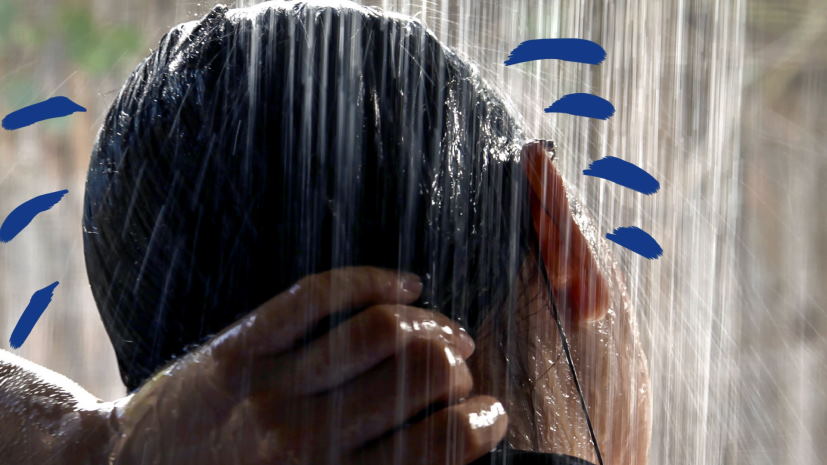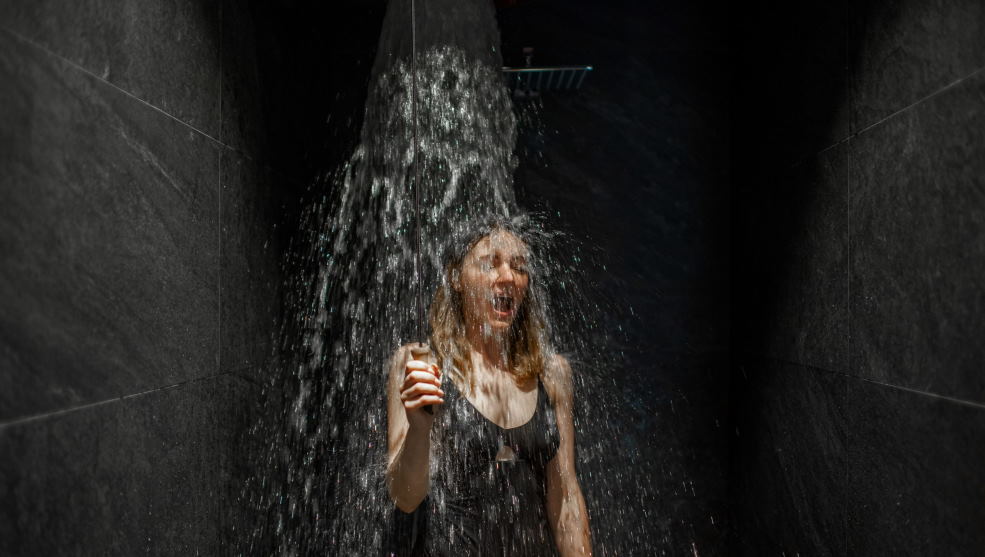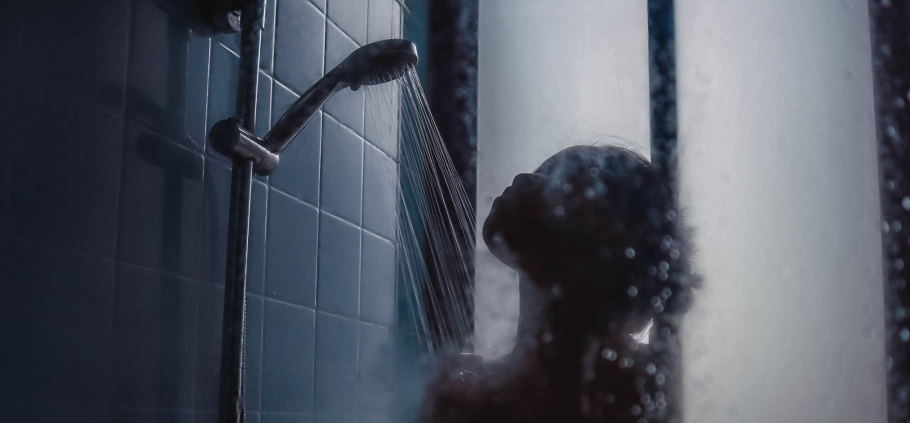The Amazing Benefits of Cold Showers for Your Hair
- Published in Inspiring Hairstyles
- Permalink

Would you believe us if we told you that the secret to a healthier head of hair could be hiding in your shower? That’s right—cold showers can be incredibly beneficial for your hair! From stimulating circulation to encouraging shinier locks and healthy growth, there are plenty of advantages to incorporating cold water rinses into your regular washing routine. Read on to learn why every self-respecting hair care enthusiast needs to add cold showers into their life!
How cold showers can give you the best hair of your life
You may think of something other than cold showers as a primary solution when it comes to maintaining healthy, beautiful hair. But the truth is that a cold shower can lead to healthier and better-looking hair than a hot one.
Cold showers have been found to help keep your hair follicles closed which helps prevent dirt and oil from getting trapped in them. Also, when your scalp is exposed to cold water, it stimulates circulation around the scalp, leading to increased natural oil production. This helps nourish the hair follicles and keeps your strands soft and shiny.

In addition, cold water can help remove any built-up residue, such as product buildup on your hair shafts, making them look much smoother and more vibrant. Cold water can also help close the cuticles of your hair, which helps to lock in moisture and add shine.
Finally, cold showers can also be beneficial when washing away natural oils from your scalp. Removing excess oil from the scalp, you’re helping keep your strands healthy and strong with a healthy base for styling and other treatments.
So next time you shower, try turning down the temperature and see just how beneficial cold showers can be for your hair! You may find that giving yourself a cold shower results in healthier and better-looking hair than hot water ever could!
Hot vs. cold shower: which is better for our hair?
It can be difficult to decide between a hot and cold shower, especially when it comes to our hair. Both types of water have their own benefits and drawbacks regarding our hair health, so let’s look at the differences between hot and cold showers for our locks.
Hot Showers: Hot showers help open up the pores on your scalp, allowing dirt, oil, and product buildup to be released during a wash. They also help condition your strands by coating them with a protective layer of natural oils from your scalp. The heat from the shower can also stimulate circulation in the follicles, which helps promote healthy hair growth.
However, if you use too much heat or shampoo too frequently, you can strip your hair of its natural oils and cause it to become dry and brittle. Additionally, hot showers can dissolve haircare products like serums or conditioners, making them less effective.

Cold Showers: Cold water helps close the pores on your scalp, preventing dirt and bacteria from entering. It’s also great for sealing in moisture, leaving you with silky smooth locks. The cold temperature also helps reduce inflammation in the follicles, which can help prevent further damage caused by heat styling or chemical treatments.
Unfortunately, cold showers provide different cleansing properties than hot water, so you’re more likely to experience product buildup or greasiness if you shampoo your hair regularly or thoroughly. Additionally, cold showers won’t stimulate circulation in the scalp, which can slow down the rate of healthy hair growth.
In conclusion, it’s important to remember that both hot and cold water have their own benefits and drawbacks when it comes to our hair health. Hot showers are great for cleansing and conditioning but can strip your strands of natural oils if used too frequently or with too much heat. Cold showers are good for sealing in moisture and reducing inflammation but don’t provide the same cleansing properties as hot water. Ultimately, you should experiment to find a balance between hot and cold showers that work best for your hair type.

